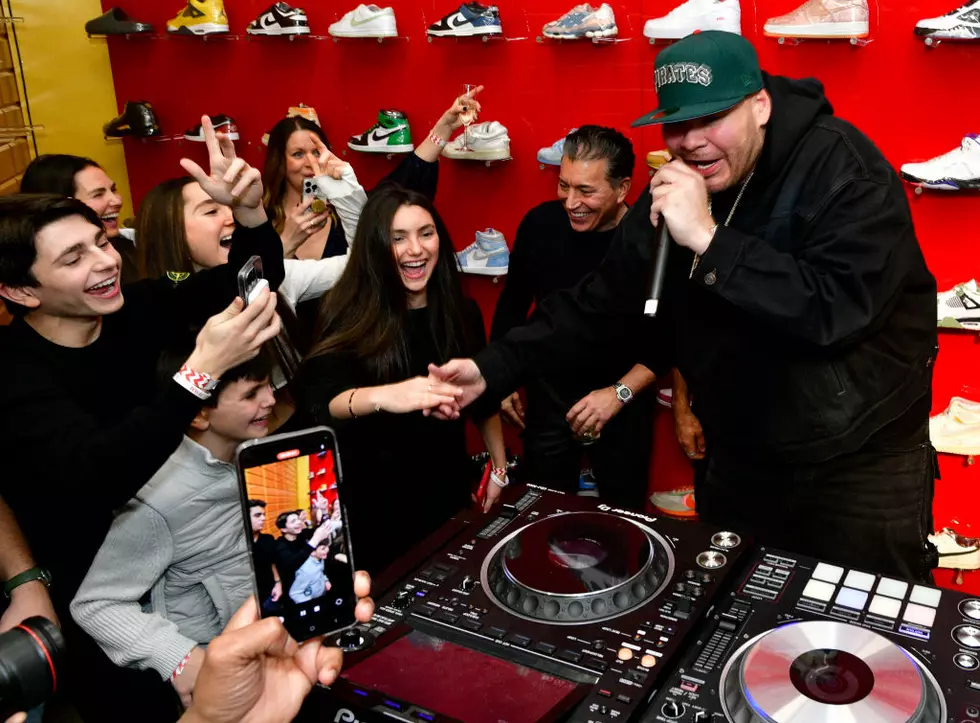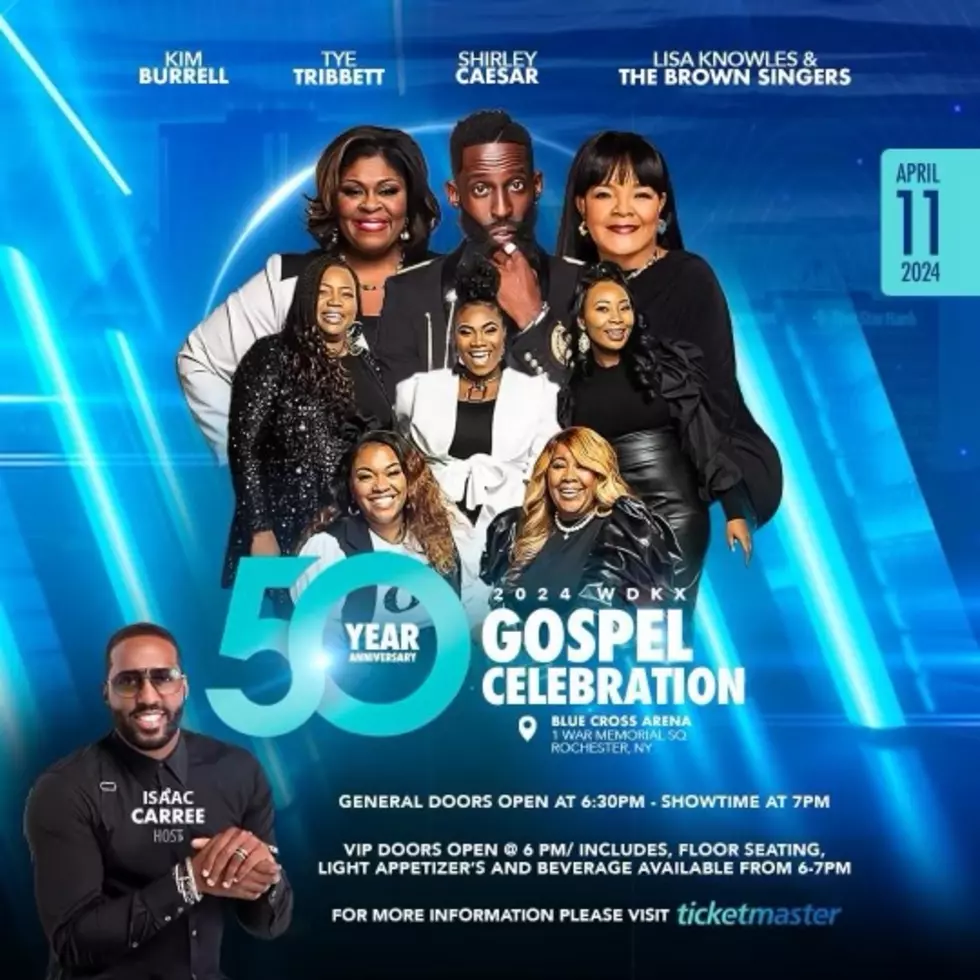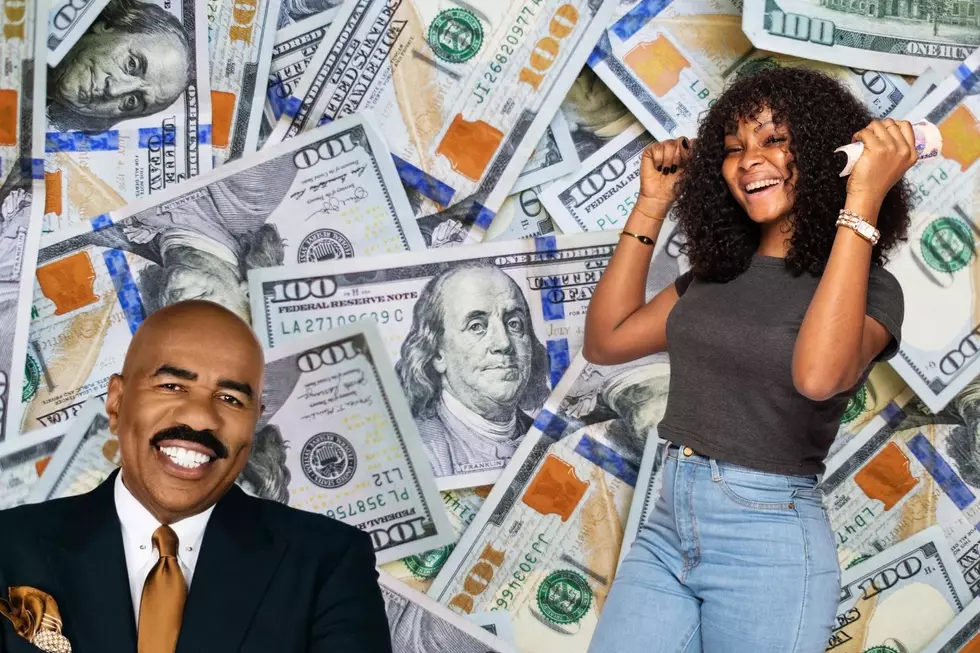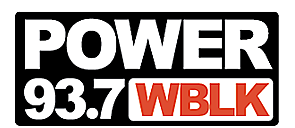![Rudimental Talk ‘We the Generation’ Album, Getting Starstruck by Nas and Collaborating With Bobby Womack [EXCLUSIVE INTERVIEW]](http://townsquare.media/site/625/files/2015/07/Rudimental-credit-Dave-Ma-original.jpg?w=980&q=75)
Rudimental Talk ‘We the Generation’ Album, Getting Starstruck by Nas and Collaborating With Bobby Womack [EXCLUSIVE INTERVIEW]
While there are some artists who like to stay within the parameters of their genre, there are others who believe in venturing outside of their comfort zones. For Rudimental, that’s definitely the case.
With influences that run the gamut from funk and hip-hop to R&B and garage, the London-bred band take all of their inspirations and meld them into the sound that their more than 372,000 Twitter followers are eager to hear. Although they have been tied to the drum and bass category, especially in the U.K., Rudimental aren't just limited to music men who play around with beats and production.
They refer to themselves as a band and play instruments during their live performances. This a four-man band with pizzazz. But with Amir Amor, Piers Agget, Kesi Dryden and DJ Locksmith behind their instrument of choice, who fills in on the vocal end? Interestingly. the star behind the mic changes often.
Their 2013 debut LP, Home, featured a number of Britain’s pop and soul voices like Alex Clare, Foxes, Ella Eyre and John Newman, who helped the guys out on “Feel the Love," the single that put them on the map in the U.K. However, they also teamed up with a couple of names you’ll recognize like Angel Haze (“Hell Could Freeze”) as well as Emeli Sande (“More Than Anything” and “Free”).
While the predominantly Euro-centric album brought them wide acclaim including platinum sales and a BRIT Award for Best British Single for “Waiting All Night” in 2014, the band is still deemed as up-and-comers in the U.S. Rudimental has plans to change that with their second studio effort, We the Generation, which will release on Sept. 18 via Big Beat Records.
Like their first album, Rudimental collaborated with a number of artists including Lianne La Havas, Ed Sheeran, Foy Vance and the late Bobby Womack -- a collaboration that the guys hold very dear to their hearts. However, they made a conscious effort to venture out of the electronic box that everyone seemed to put them in and bring in more of the soulful melodies and hip-hop beats that they grew up listening to. They also prove this point with a remixed version of their track “Free,” which features a special verse from Nas.
During a recent trip to New York City, The Boombox sat down with Rudimental to get to know them a little better. Since their Big Apple visit was brief and they still had many people to meet with, we only had the chance to speak with two members -- Piers and Kesi -- at the Big Beat Records offices. Dressed casually jeans and T-shirts, both were two chill guys who don't come off as the aggressive stars that they showcase onstage. The moment they found out that I was an alum of the University of Leeds -- the rival of their alma mater, Leeds Beckett University -- the conversation quickly turned into a round of quick shots cracking on each other’s schools.
Despite all the banter, when it came down to the music, they convey how seriously they take their craft. Music is not just something they can do, but it’s also a way for them to deliver a bigger message of positivity. Besides changing the world through their sound, they also speak about their new album, working with the late Womack and the day that they get to step into the studio with Lauryn Hill.
The Boombox: So let's start at the beginning. How did Rudimental get together?
Piers Agget: We started when were 13 or 14. We grew up together and played football together, or soccer as you guys call it, and making music together. We were DJing in pirate stations, which is the one of the radio scenes in London. This was about eight years ago now when Rudimental started. "For the Love" was our first successful number one. And it kind of put us on tour, and we were performing. Then when we made the first album, we were out on the road, picked up a BRIT Award, had a number one album. We had amazing success with that first album. Then we toured the world really for three years. And we're here with our second album. So that's kind of a brief story. [laughs]
You're known for your drum and bass sounds, especially with the first album. However with the new single, "Never Let You Go," it sounds quite different. How did decide to go from one sound to the other?
Kesi Dryden: From the first album, there's been a progression as us, as friends and as a band. Coming from touring the world over the last three years to playing live together, I think the new album has more of a soul and funk element to it. That was brought out by getting in the studio, jamming together and being on the road, and that's where the songs come from. And the electronic music side is added later. So I think we're going on that progression and are now making the best music that we've ever made. We're really excited for everyone to hear this music.
PA: I think the whole drum and bass scene is something we're really influenced by and house music and garage music. Our first album is house and garage and kind of funk and soul vibes, and there's some reggae vibes on there. Our big hits have been fast-tempo drum and bass songs, but there's much more to us. We're not a DJ-producer act. We're much more than that. We're a band, and we're all musicians. And when we write the ideas, it starts with the instruments. So BPMs (beats per minute) always change, and I'm sure there's going to be a track on this album where it'll be 120 BPM or 10 BPM. And I think there's a lot more to the story of Rudimental than just the story of our big bangers so to speak.
Watch Rudimental's "Never Let You Go" Video
For this record, you worked with Bobby Womack and Lianne La Havas. So how did those two collaborations come about? And how do you go about choosing who to work with?
KD: There's no set formula on how we choose, but one thing we're suckers for is a soulful voice, a unique voice. Lianne La Havas came to a few of our shows. So we all met backstage, and we're fans of hers. Her first album, [Is Your Love Big Enough?], was amazing. So we just wanted to get into the studio together -- have some fun, not put any pressure on it and see what happens. We actually wrote two really amazing songs with her, which are both on the album. It's on the deluxe [version] as well. The Bobby Womack on was very special.
PA: Bobby Womack was a lovely story. Well, we met him on Later... with Jools Holland a few years ago, and he came up to us and said, "Oh man that was amazing." We were like, "Oh my god, we're massive fans of you." We kicked a vibe there. A couple of years later, he wanted to work with us. We were on tour, and sadly he passed away. But one of his last wishes … His wife sent over one of his acappellas and said, "Would you like to have this?" And we thought it was amazing. We listened to it, and it made us cry. It was emotional. He was 70 and still had an amazing voice. That week, we made a beat to it, which was the same key and same tempo. It all came together really, really naturally, and it's definitely one of our proudest moments on the new album.
Rudimental aren't strangers to collaboration. You've done songs with Angel Haze, Emeli Sande and Nas. So what was it like doing that song with Nas?
KD: We're huge fans of Nas. Me as a kid, Nas was my favorite rapper. So to get him on a track was pretty incredible. I remember we were in Australia when it came through that he recorded it, and we all in a tour bus and threw on the headphones.
PA: We were fighting over one pair.
KD: It was funny because he said, "Nas. Rudimental." And we were like, "He said Rudimental!" [laughs] He's on our song! So it was a pretty special moment. We're huge fans of him, and we were actually in the studio with him last year in New York, which was cool. He came down and listened to some music of ours and chose a couple of tracks that he was really into and stuff, and we were like, "This is insane." We were starstruck. I think it's rare for us to be starstruck, but Nas was one of those moments when you go, "Wow." And we booked him and Wu-Tang to perform at a festival we put on with Disclosure. We just picked the acts we liked to perform and be fans and just have fun at festivals.
Listen to Rudimental's "Free" Feat. Emeli Sande & Nas
You mentioned Nas and Wu-Tang Clan, but are there any other hip-hop or R&B artists that you guys are fans of? And if you wanted to put it out there, who would your dream collaboration be with?
KD: Lauryn Hill.
PA: Yeah, we keep saying Lauryn Hill in every interview, and she's going to come up one day. I know she's not the type of person who's online all the time checking these things. But one day, we're going to meet her and try to get her to come into the studio with us. Growing up, she was one of the biggest… Miseducation of Lauryn Hill was on elf the biggest albums and our favorite album.
KD: I think she's one of my favorite singers and rappers of all time.
PA: She stands up on her own up against all the men. As a rapper, she's good if not the best ever. We can't speak highly enough of her, and I think one day it's going to happen. If you wish something to happen, it'll happen.
Any standout tracks from Lauryn that you're a fan of?
KD: "Zion" is my favorite on The Miseducation of Lauryn Hill album.
You're influenced by a lot of different sounds and have worked with a lot of different people. So what do you think of music today and where does Rudimental fit into it?
PA: I think music is not in the best place that it's in today. I'm not going to start that debate about the old versus the new music, but there was some great music that came out of the 60s, 70s, 80s and 90s. But as for our place, we'd love to be massive. We'd love to be on TV and radio, and I think our goal is to do that. We got to take our time [with our music] and not force it. Rudimental is about music that's got a message. It's music that's made from the heart and from a genuine place. It's not made about the club or money or materialistic things like that. That's kind of where we're at. There are some great acts out there, and they're music is in a good place. But when you hear daytime radio, it's not that impressive. I wish daytime radio would be better.
KD: When you're in the pop scene, it might be little. But when you go into the underground scene, there's a lot of good things coming up. I mean we hope to see that some of these underground sounds becoming more mainstream.
Touring is part of your life. Can you take me back to an instance where an artist you met while on the road gave you some solid advice?
KD: We did some music with Kelis about six months ago, and that was cool. We're big fans of hers, and it was great to get into the studio with her. And it was quite funny because we just ended up chatting for about four hours on one of the days before making any music. She was really cool and gave us advice on things she's done and things she would have changed. Just sticking to our guns really and do what we feel is right. If you choose what you believe is right, that's just the way to go. And if it's not that successful, you're still happy with what you put out and was all worth it.
We're well into festival season, and you guys even held your own event. What's the one thing you hate about festivals?
KD: The bathroom situation. It's not always the best in festivals. So I'll go with that one.
PA: I love festivals. Some of my greatest memories are at festivals.
KD: Well some festivals have strict rules, and I don't like that like not being able to drink while watching a band. I don't understand that. You're here to enjoy yourself and have fun. It's a festival. Let yourself be free!
See 20 Words That Mean Something Completely Different in Hip-Hop
More From 93.7 WBLK
![Big K.R.I.T. Pays Homage to Bobby Womack for Black History Month [EXCLUSIVE INTERVIEW]](http://townsquare.media/site/625/files/2015/01/big-krit-bobby-womack.jpg?w=980&q=75)

![“If You Think You’re Lonely Now” – The Remake Retake [VIDEO] [POLL]](http://townsquare.media/site/11/files/2012/11/hqdefault36.jpg?w=980&q=75)


